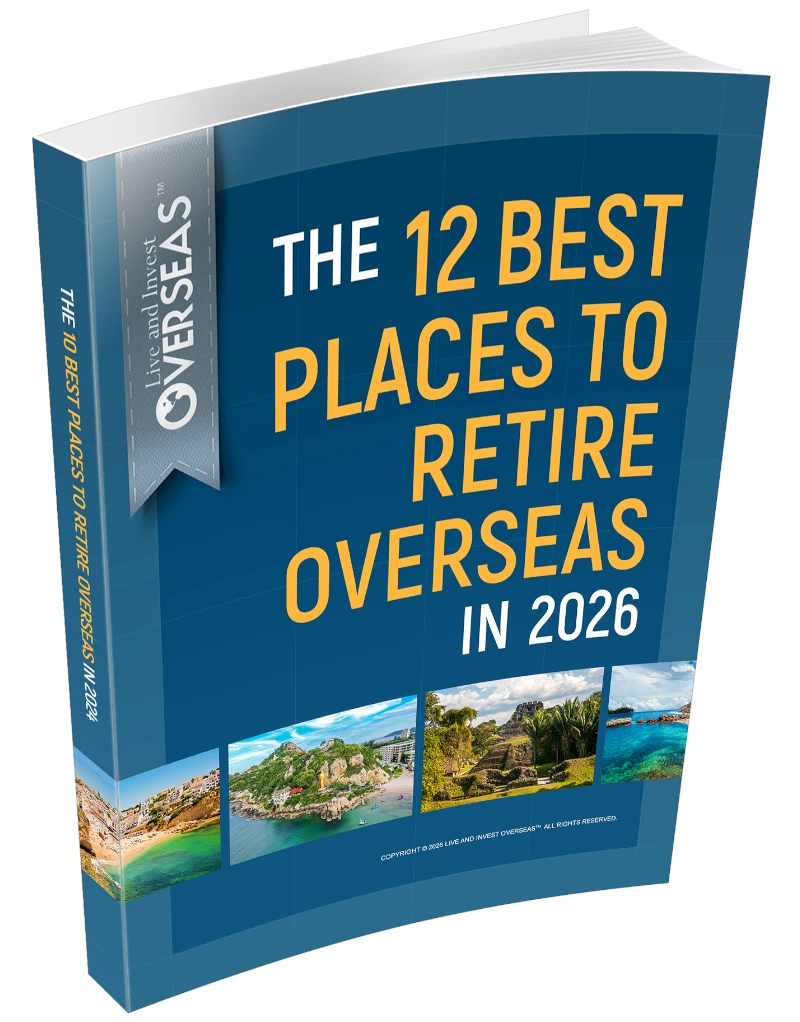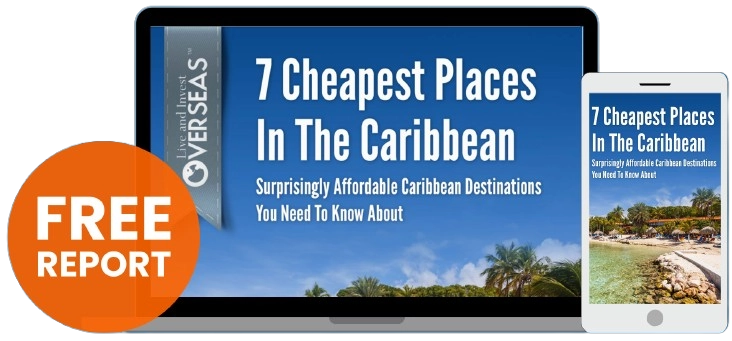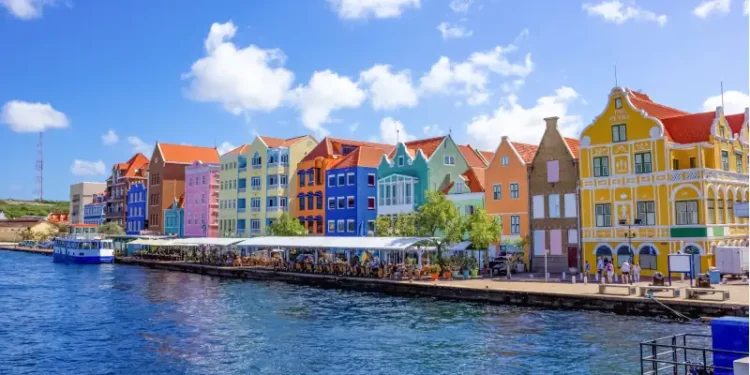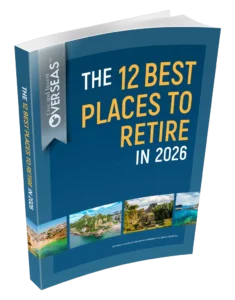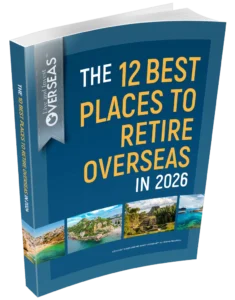In the southern Caribbean Sea, about 40 miles north of Venezuela, lies the island of Curaçao.
Boasting year-round sunshine, a multicultural population, and one of the most unique landscapes in the region—Curaçao stands out from its Caribbean neighbors in more ways than one.
Unlike many Caribbean islands that lean heavily on tourism, Curaçao’s economy is more diversified. It welcomes visitors with open arms, but it has long supported industries like international finance, oil refining, and shipping.
This gives it a more grounded, lived-in feel compared to the all-inclusive resort atmosphere of many other Caribbean destinations. For expats, this translates to a strong sense of community, a more affordable cost of living, and an opportunity to integrate with locals and fellow internationals.
Curaçao’s landscape is another surprise. Instead of lush rain forests or high-rise resorts, you’ll find rugged coastlines, cactus-covered hills, dramatic cliffs, and 37 sandy coves and beaches.
The semi-arid climate means it’s dry and breezy year-round, with low humidity and virtually no risk of hurricanes—a major advantage for those planning to invest in property.
For those with an eye on Europe, Curaçao presents an interesting advantage: as a constituent country of the Kingdom of the Netherlands, legal residents of Curaçao enjoy the potential for Dutch or EU residency—something few other Caribbean destinations can offer.
Curaçao has an international airport with direct flights to several cities across the U.S. and Canada, so getting here is easy.
In terms of lifestyle, Curaçao blends island living with European sensibility. Curaçao’s society is a mix of Dutch, Afro-Caribbean, Latin American, and international cultures, creating a multilingual society. English, Dutch, Spanish, and Papiamentu are widely spoken.
Curaçao has a very low crime rate and is considered one of the safest Caribbean travel destinations.
It’s also one of the Caribbean’s most affordable places to live and allows for budget flexibility—you can skimp or splash out, depending on your lifestyle preferences.
Expats point out that water and electricity can be expensive—the former because it comes from desalination (a costly process); and the latter because of air conditioning use. This can run up a big bill. A couple’s monthly budget will average about $2,784.
Whether you’re a remote worker, entrepreneur, retiree, or just someone seeking to trade gray skies for turquoise waters, Curaçao is a great option. For expats in search of a Caribbean destination that’s off the beaten path but fully plugged in, Curaçao may be just the place to call home.
Sincerely,
The Editors Of Live And Invest Overseas

